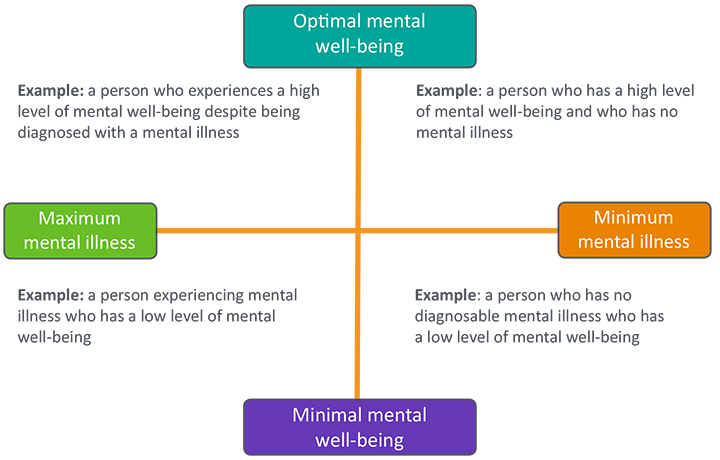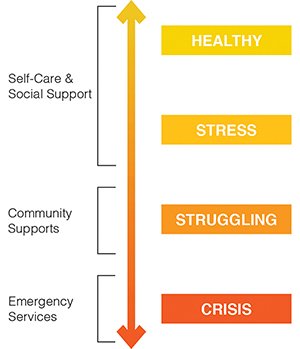Social Workers
Kindergarten - Grade 8
Social workers work together with parents/caregivers, school staff, students and community providers so that students can feel well and have a positive school experience. Social workers offer individual support that is identity affirming. Together a plan to support the student is developed. Social workers can help provide referrals to community organizations.
You can ask your teacher or principal for social work support.
Grades 9-12 - Individual Support
Social workers offer individual support that is focused on your strengths and interests. They provide identity affirming care. Together a plan to feel better is created. This plan might involve learning and practicing new thinking and feeling skills, or problem-solving stressors. Social Workers can also help you to connect with other social or peer supports and counsellors in the community.
Feeling super stressed, anxious or down?
Facing a problem that you would like help with?
Would you like some emotional support?
If you answered yes to any of these questions, click on your school to learn about the social worker assigned to your school and where you’ll find a link to confidentially request to see the social worker.
Grades 9-12 - Select Your School
- Abbey Park High School
- Acton District School
- Aldershot High School
- Burlington Central High School
- Craig Kielburger Secondary School
- Dr. Frank J. Hayden Secondary School
- Elsie MacGill Seconday School
- Garth Webb Secondary School
- Gary Allan Learning Centre
- Georgetown District High School
- HOPES
- Iroquois Ridge High School
- M.M. Robinson High School
- Milton District High School
- Nelson High School
- Oakville Trafalgar High School
- Thomas A. Blakelock High School
- Welcome Centre
- White Oaks Secondary School
Small Group Support
Social workers also offer small group support. Check with your teacher or guidance counselor about groups for coping with anxious, low or big feelings.







